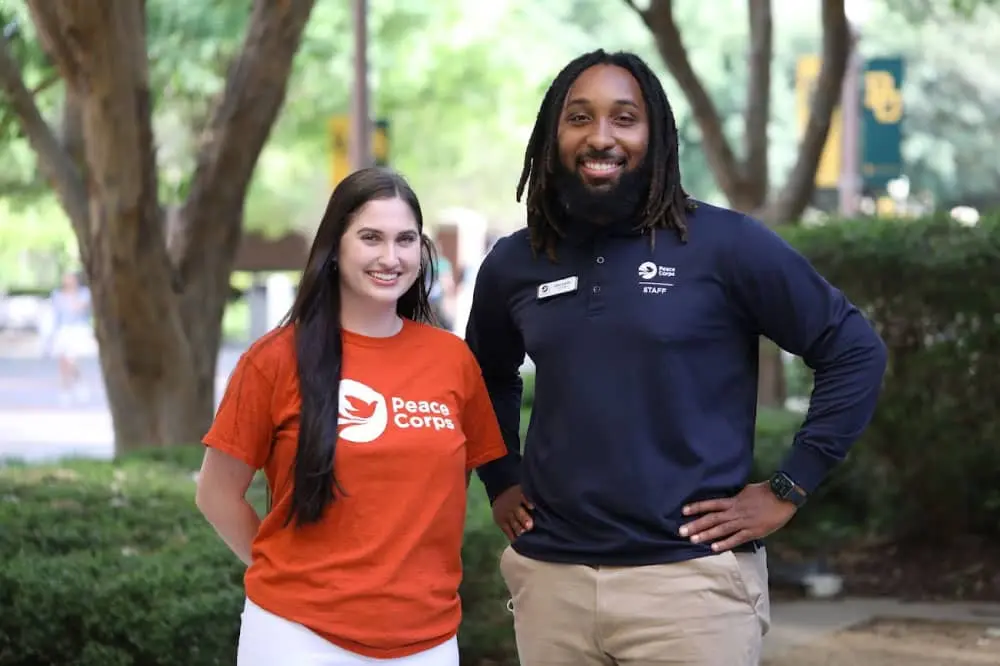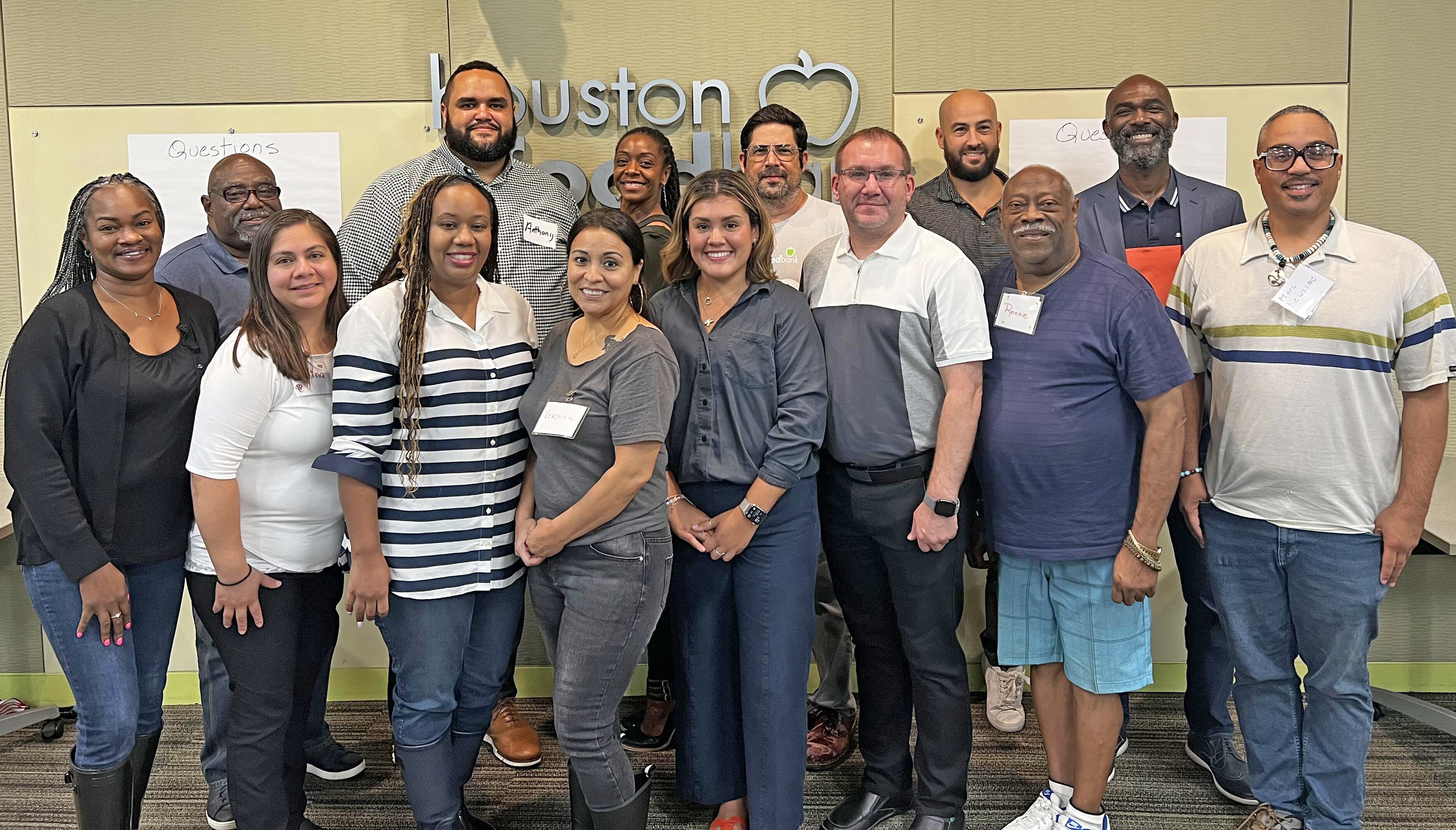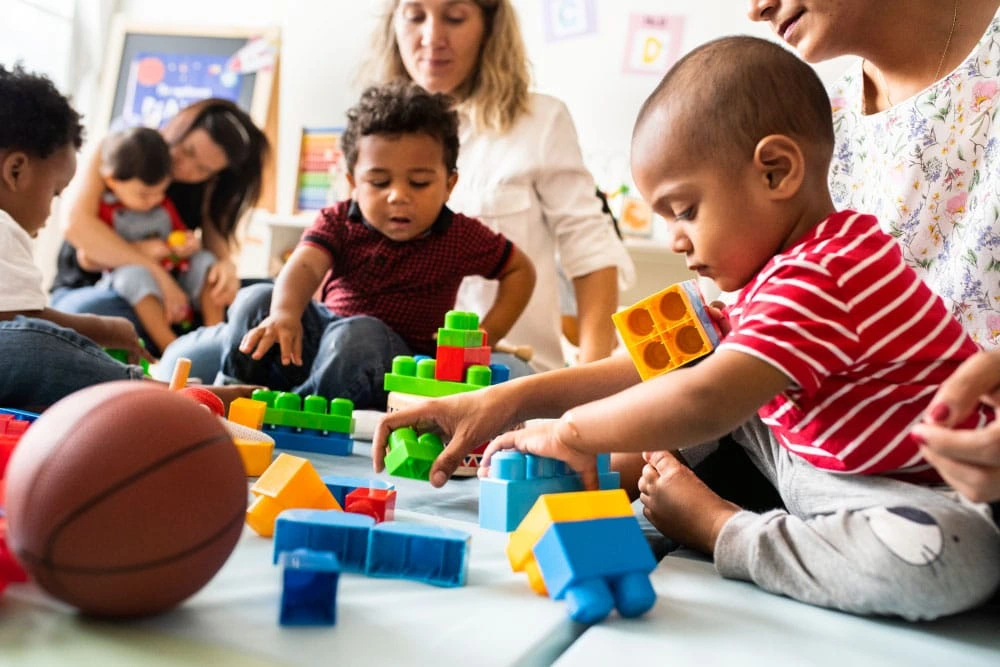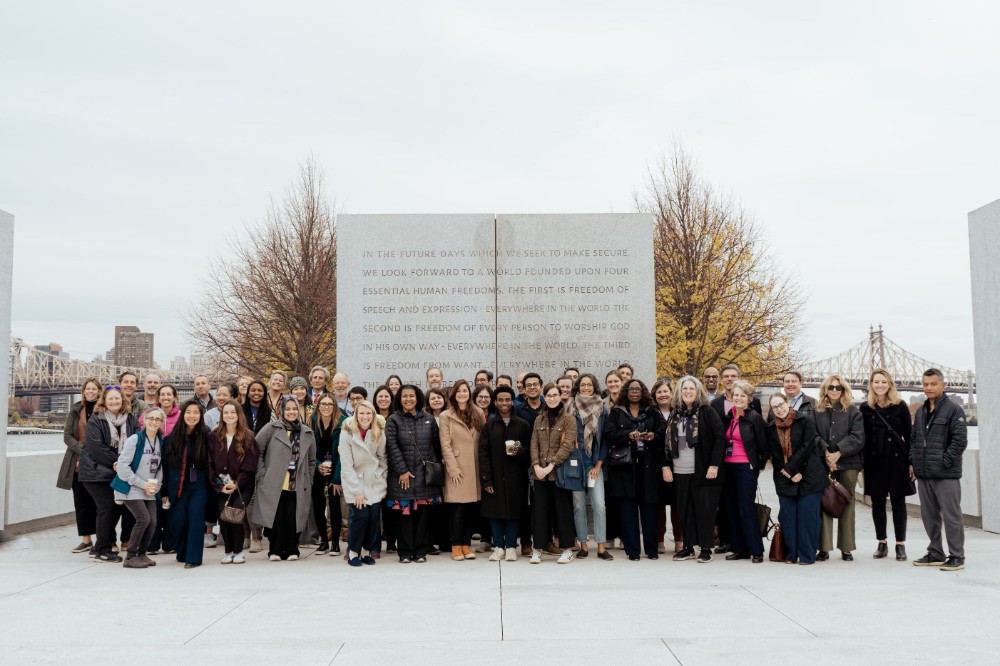Jenn Hoos Rothberg -
Apr 30, 2025
How We Are Showing Up for Our Partners
How We Are Showing Up for Our Partners
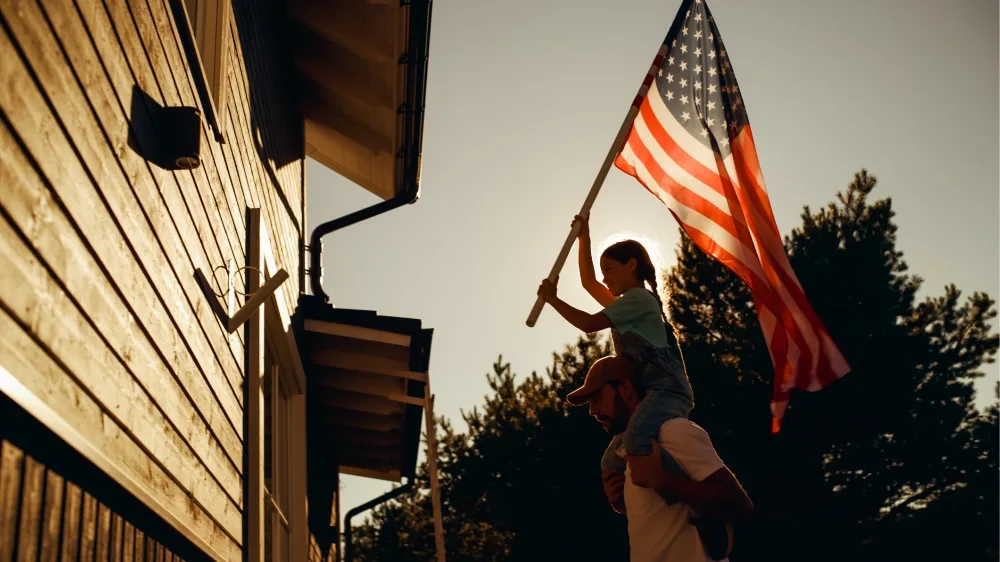
Listen to an audio version of this reflection.
You may have read “The Pluralism Pivot” in The New Yorker earlier this month, highlighting the work that we and our partners are doing on college campuses to shift the culture and climate from one of division, distrust, and dehumanization to one of respect, belonging, and collaboration.
We were featured alongside some of the leading voices in the pluralism field, including Professor Danielle Allen of Harvard, Rajiv Vinnakota of the Institute for Citizens & Scholars, Eboo Patel of Interfaith America, and Manu Meel of BridgeUSA.
Our work in higher education feels increasingly important as we prepare the next generation of college graduates to become empathetic leaders and engaged citizens, equipped with the motivations and skills to heal our country’s divides and repair our social fabric.
It’s worth noting that the work of pluralism — a radically old idea woven into the founding of our country — is not only essential for higher education but for every aspect of our shared society. In the article, journalist Emma Green writes, “Pluralism emphasizes everyone’s ability to thrive, with all their differences fully respected.”
Cambridge Dictionary defines pluralism as “the belief that the existence of different types of people within the same society is a good thing.” Pluralistic practices and mindsets are ways for us to collaborate, live, and pray peacefully with and alongside one another. In a healthy pluralistic democracy, what we share in common and where we greatly differ are viewed as a source of strength and a springboard for innovation.
Since Einhorn Collaborative first got involved in funding these efforts in the 2000s, we have seen our partners apply their expertise in community-engaged learning, peacebuilding, bridge-building, collaborative problem-solving, constructive dialogue, and violence prevention to help communities experiencing conflict find common ground, heal ruptures, and strengthen civic culture.
“American civic culture is the set of norms, values, narratives, habits, and rituals that shape how we live together and govern ourselves in our diverse democratic society. It is upstream of politics and government — and it extends to all the facets of how we live together as citizens, behave in public, deal with common problems, relate to our neighbors, and identify with one another and our communities and nation.”
—Report by The American Academy of Arts and Sciences
A thriving civic culture is the beating heart of pluralism. Through evidence-based methods, our grantee partners provide opportunities for Americans to come together and bridge generational, ideological, racial, religious, and economic divides. At the beginning of an engagement, the perceived “otherness” often feels so entrenched and impenetrable that it prevents participants from softening their hearts to allow trusting relationships to be formed. Over time, trust is built; people become more inclined to listen, share their honest thoughts, and roll up their sleeves to get things done for the betterment of their community.
A throughline I see in our partners is that the work of nurturing and fostering social trust and a shared sense of “we” is about equipping Americans with the tools and mindsets to both face the immediate fires consuming our society today and become more resilient and ready to tend to the smolders before they break into wildfires in the future.
While we view the time horizon of our work as long-term and generational, it’s also important to recognize the rise in distrust and hatred among Americans and the spike in violence as flashing warning signs that require our attention and collective action.
As a funder of efforts that involve health care, national service, K-12 and higher education, academic research, civic institutions, and public media — with the goal of embedding the best practices of social connection and social cohesion in systems and settings that reach Americans in their everyday lives — we are actively working with each grantee partner to assess their specific needs and opportunities and provide them with the supports necessary to continue to do their best work at this challenging time.
There is no one-size-fits-all solution to help all our grantee partners navigate the shifting context in which we work. We are leaning on our relational approach, actively and deeply listening, with a commitment to keep showing up in true partnership. At the most tactical level, we have redirected funds, shifted payment schedules, and brought on additional resources and expertise to help these great nonprofit organizations navigate urgent challenges and meet new demands.
Beyond grantmaking, ongoing conversations with our partners have also surfaced field-level needs that tap into our role as conveners, experimenters, and builders, bringing together peers in philanthropy alongside nonprofit partners across the ideological spectrum to identify actionable solutions that strengthen our collaborative efforts in the face of disruption and uncertainty.
One refrain we heard time and again from our partners in conversations over the past few months is: “This is the time for pluralism.”
When it feels easier to draw bright lines about who belongs in our circles and who does not (and it’s part of human nature to do so amid uncertainty and upheaval), we remain unwavering in our core values and beliefs that we are at our best when we find ways to transform such pervasive distrust, disconnection, and divisions into connection, trust, and collaboration. We and our partners remain steadfast in this commitment.
Pluralism is both a set of values and principles, but more importantly for its relevance and application today, we must remember it’s a set of behaviors and practices that we can draw upon in every interaction and decision, shaping how we forge our journey ahead.
While this is no easy task, I know that our path forward as a multiracial, multiethnic, multifaith country requires us to go together and share the road with people who do not live, work, and pray the same way we do. Our lives are bound up together. Our ability to come together and repair the ruptures in our midst is our most important civic act. It’s our best way forward as participants in and contributors to a healthy democratic society.
Jenn Hoos Rothberg leads Einhorn Collaborative. Learn more about our work and more about Jenn. Sign up to receive our monthly newsletter and be the first to read Jenn’s blog posts.

